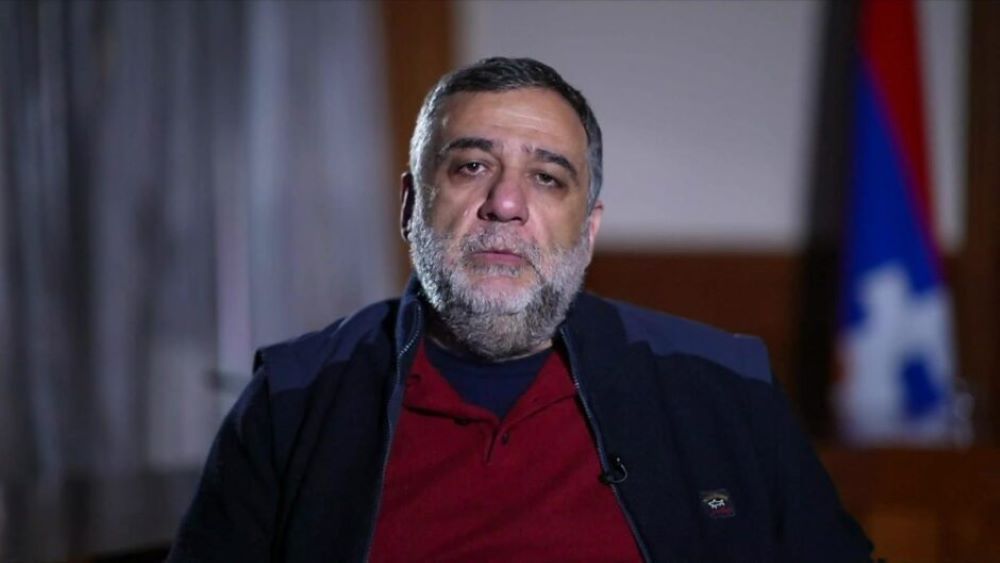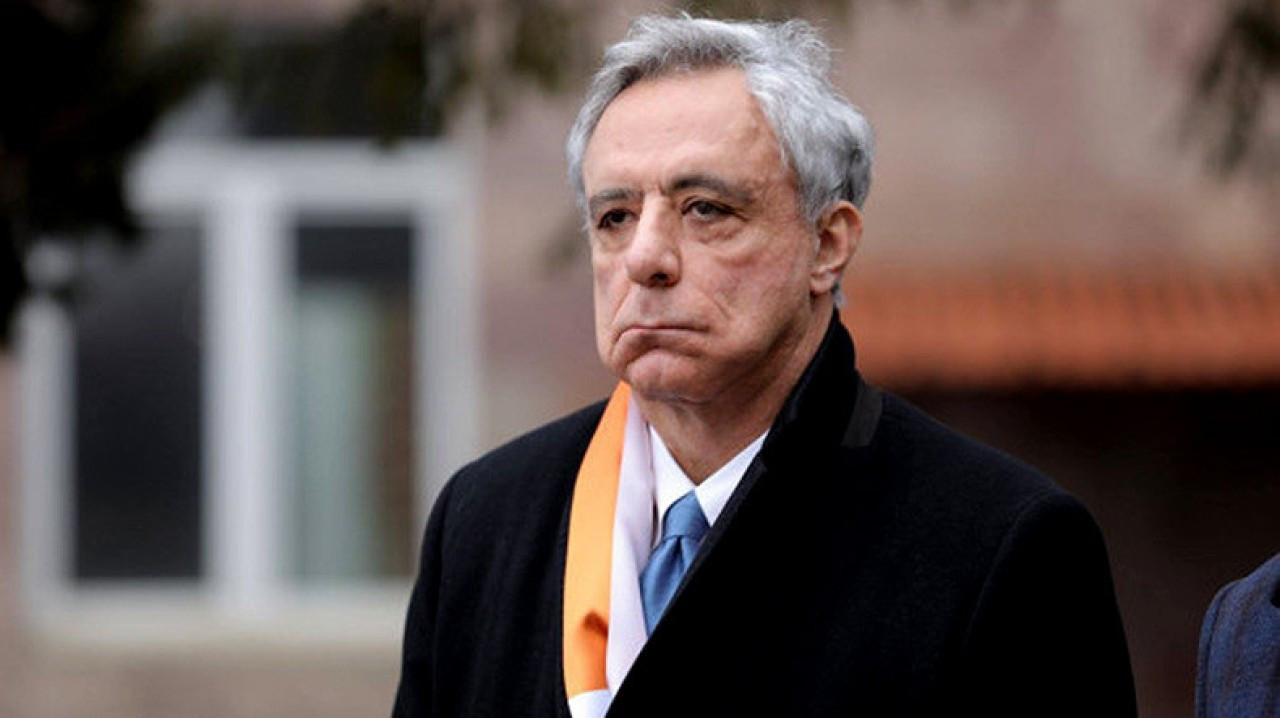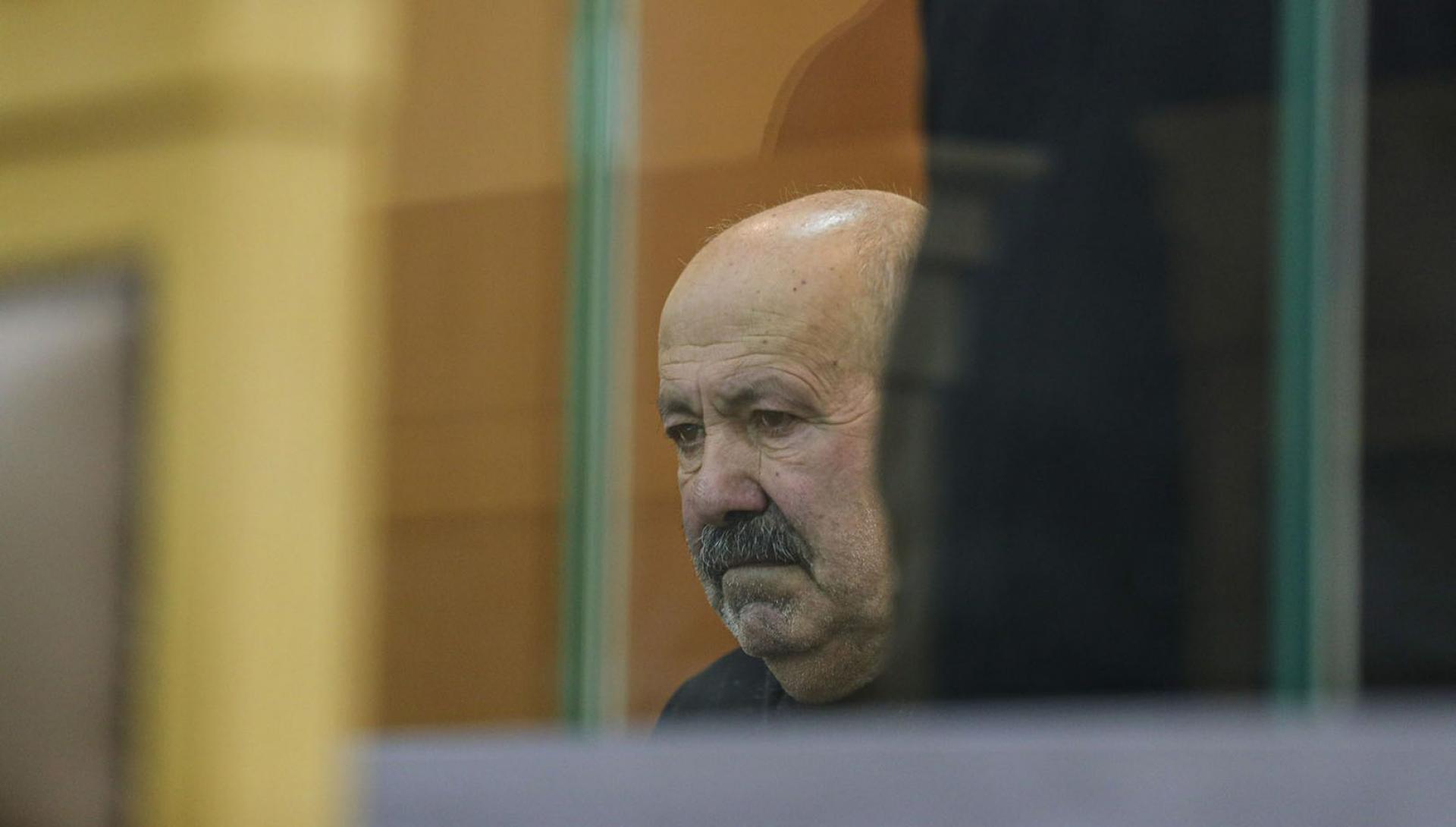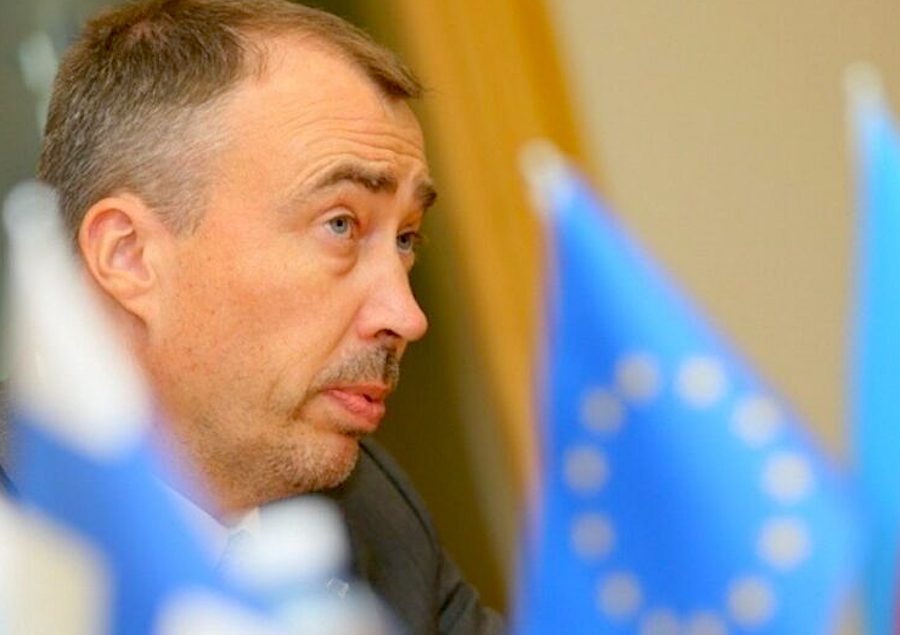"Baku is using prisoners as leverage against Armenia": An opinion from Yerevan
Former NK leaders in Azerbaijan
In Azerbaijan, the preliminary investigation into the criminal case against former military-political leaders of the unrecognized Nagorno-Karabakh Republic (NKR) has been completed, and the materials will soon be submitted to the court. This was announced by Azerbaijan’s Prosecutor General, Kamran Aliyev.
Baku has brought serious charges against the former high-ranking officials, ranging from terrorism to the creation of illegal armed groups. These charges carry penalties from several decades in prison to life imprisonment.
Official Yerevan has provided limited information to the media regarding the protection of their interests. In response to all inquiries, it is stated only that “the government is working daily on the return of prisoners.” Journalists have been unable to uncover any further details.
Indeed, “negotiations on the return of prisoners are ongoing, but this is not a matter to be discussed publicly, as it could be detrimental,” political analyst Areg Kochinyan told JAMnews. At the same time, he believes that Azerbaijan is in no hurry to make any decisions and does not intend to resolve the issue at this time:
“Baku is using and will continue to use prisoners as leverage against Armenia in the negotiation process. Progress on this issue may be possible within the broader context of a settlement [referring to a peace agreement].”
- “Sign a peace treaty on already agreed terms”: Pashinyan’s proposal to Baku
- “Adventurous policy”: Armenian political scientist on the delimitation of the border with Azerbaijan
- “Baku promised Moscow to delay signing the agreement with Armenia” – Opinion from Yerevan
Karabakh leadership imprisoned in Baku
Eight former leaders of the unrecognized republic are being held in Baku prisons: presidents Arkadi Ghukasyan, Bako Sahakyan, Arayik Harutyunyan, State Minister Ruben Vardanyan, Speaker of Parliament Davit Ishkhanyan, Commander of the Defense Army Levon Mnatsakanyan, Deputy Commander of the Defense Army Davit Manukyan, and Foreign Minister Davit Babayan.
They were arrested following the military actions in Nagorno-Karabakh in September 2023. According to Armenian human rights advocates, Azerbaijan has leveled false charges against them, accusing them of committing serious crimes.
Additionally, Baku acknowledges the presence of only 23 prisoners of war. However, Armenian human rights advocates dispute this figure, claiming that the actual number of prisoners, hostages, and other detainees is much higher.
“Who sent Ruben Vardanyan to Karabakh?”
At the end of last week, during a press conference, journalists asked the prime minister what personally Pashinyan is doing to secure the release of former Artsakh leaders from Baku prisons and their return to Armenia, and whether he had ever directly discussed this issue with the president of Azerbaijan. The Armenian prime minister only said that this issue remains on the government’s agenda and that some work is being done. He then listed questions he would like answers to, all of which relate to the former state minister, prominent businessman, and philanthropist Ruben Vardanyan:
“Who advised or instructed him to take this step, who sent him, in this sense – who dispatched him to the Republic of Armenia, who dispatched him to Nagorno-Karabakh, for what purpose, with what guarantees, assurances, and promises? And then said: ‘You see, we don’t really know who he is.‘”
Former NK leaders in Azerbaijan
Philanthropist and businessman Ruben Vardanyan renounced his Russian citizenship and moved to Nagorno-Karabakh in September 2022. Many political and expert circles believed that Moscow was behind Vardanyan’s return to his homeland. Russian foreign minister Sergey Lavrov, a few months after Vardanyan’s appointment as state minister, stated that Russia had no involvement with him. Azerbaijan periodically demanded that Vardanyan leave his post as state minister, and he was dismissed from the position in February 2023.
“Pashinyan’s questions have no legal significance”
The questions raised by the prime minister do not indicate that “this is the overall position of the Armenian government,” says Siranush Sahakyan, a human rights defender representing Armenian prisoners at the European Court of Human Rights:
“I in no way interpret the prime minister’s words as a message of disinterest on the part of the Armenian authorities [in resolving the issues of those held captive in Azerbaijan, including former Karabakh leaders]. Nor do I perceive them as an indication that under the circumstances listed by him, [the Armenian authorities] are not the primary actors or are refusing to engage in these processes.”
Sahakyan emphasized that Pashinyan’s statements have political, not legal, significance:
“Every person who is a citizen of Armenia has the right to return to their homeland. And the country is obliged to take positive steps to realize this right. The government of the Republic of Armenia has taken such steps.“
She highlighted that Azerbaijan has brought serious charges against the former Karabakh leaders, and they could even face life imprisonment. At the same time, she does not expect that it will be possible to ensure the proper defense of their interests in Baku.
Former NK leaders in Azerbaijan
Political analyst Tigran Grigoryan commented on the prime minister’s statement about Ruben Vardanyan:
“It’s unclear how the state is supposed to handle the issue of returning these people after such statements. The problem isn’t just about Ruben Vardanyan but concerns all prisoners and detainees. Pashinyan is complicating the process of their return.”
During the blockade of Nagorno-Karabakh, the president of Azerbaijan also mentioned that Vardanyan was ‘sent,’ the analyst reminds. He believes that the prime minister of Armenia “is guided by a conspiratorial mindset and makes public statements without concrete facts at hand.”
“Whether you like Vardanyan or not, he is an Armenian citizen held captive in an adversarial country. Even if Russia did send Vardanyan to Artsakh, he holds an Armenian passport, and the state’s duty is to address his return, along with the others,” Grigoryan emphasized.






















